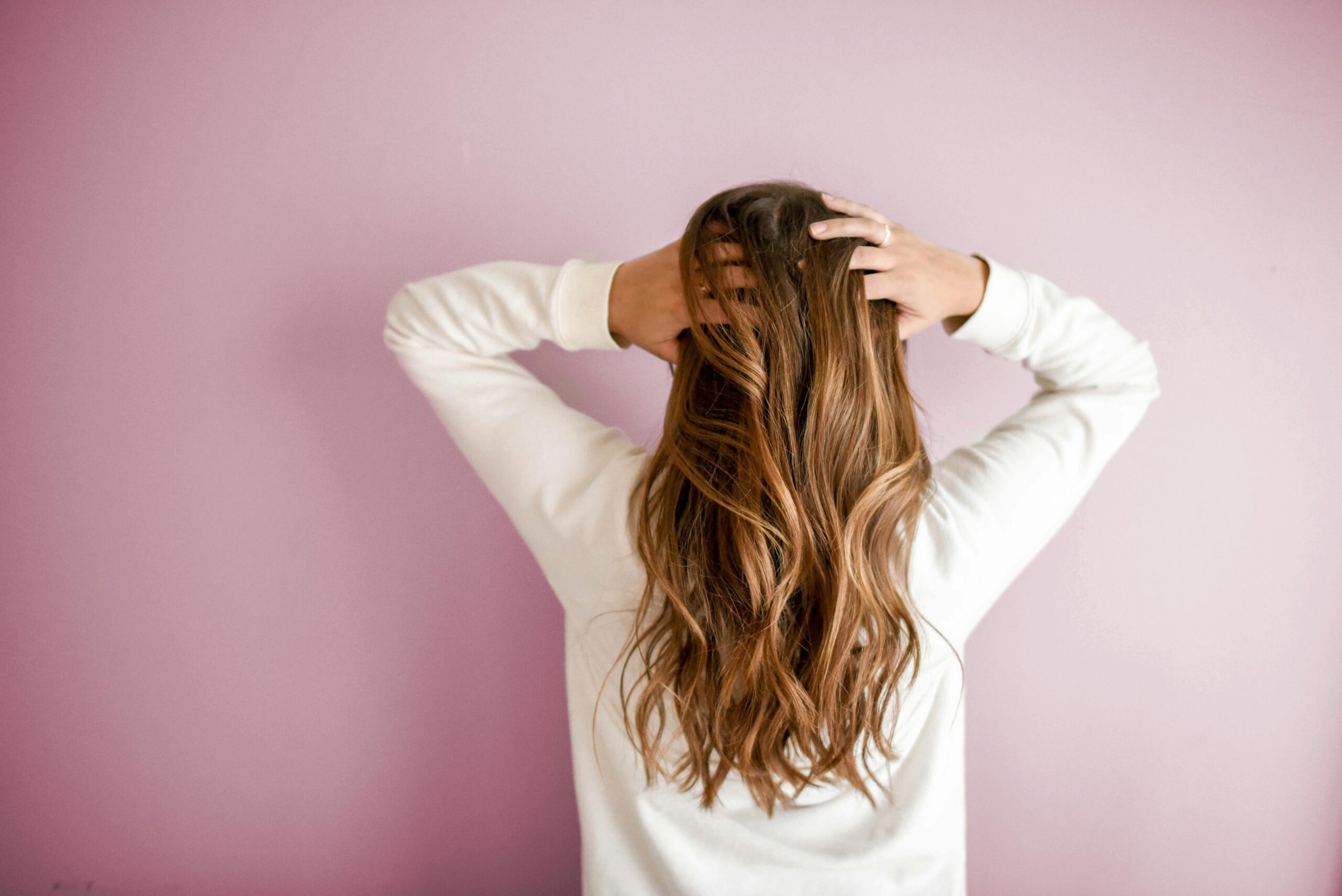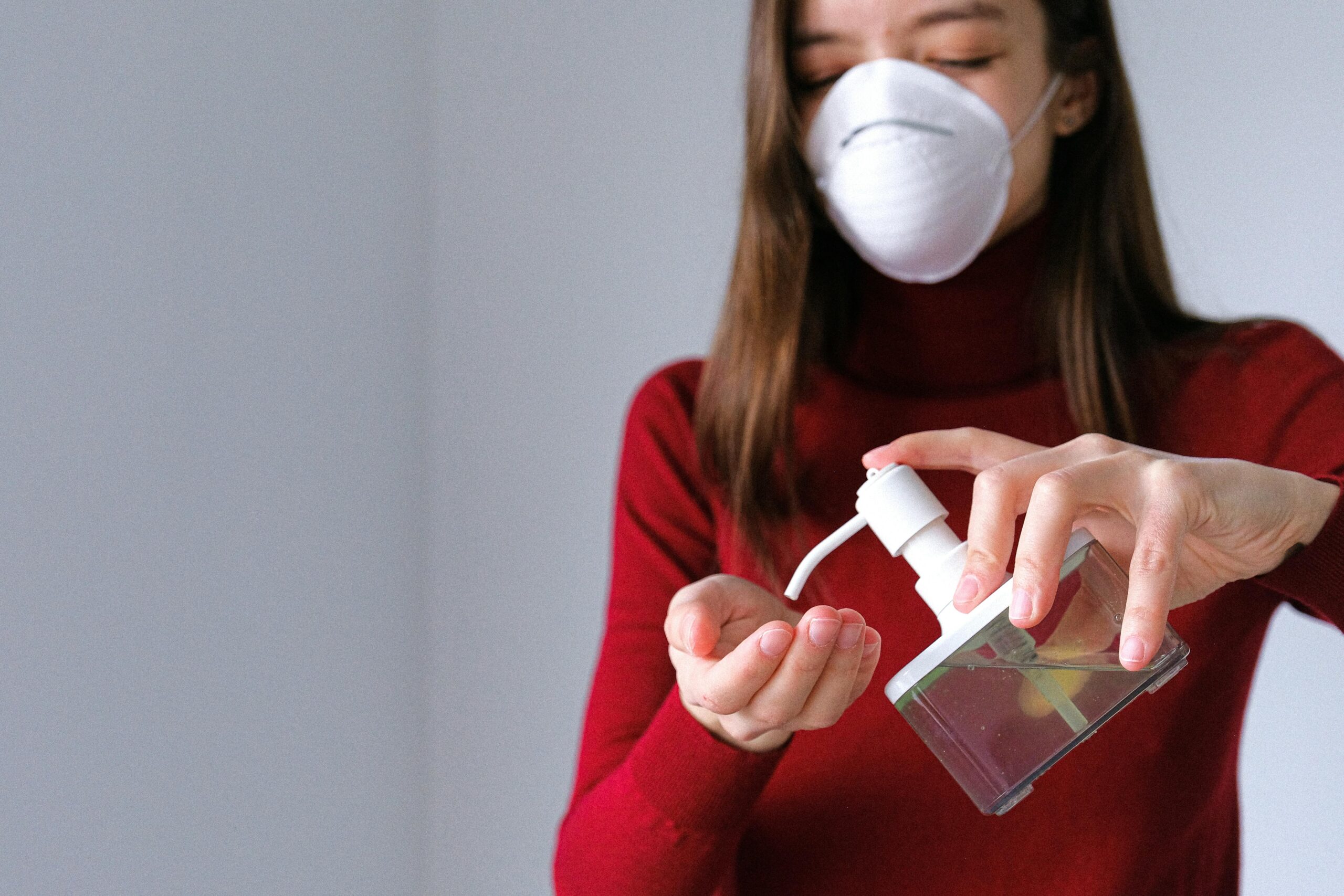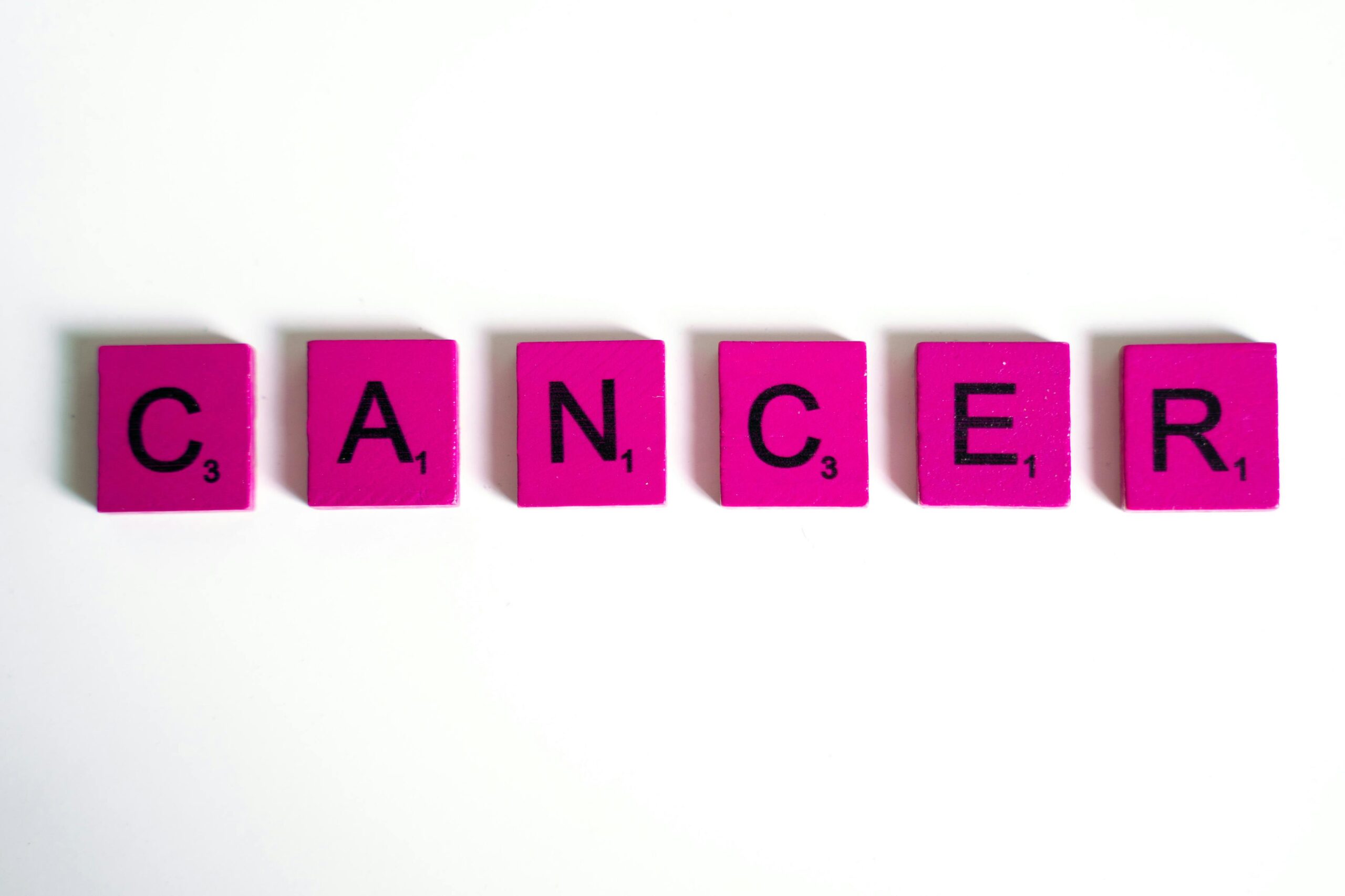Understanding Hair Fall: Causes, Prevention, and Natural Remedies
Hair fall is a common issue that affects millions worldwide, impacting both men and women at different stages of life. While it’s normal to shed between 50 to 100 hairs daily, excessive hair fall, thinning, or bald patches can lead to distress and affect confidence. Understanding what causes hair fall and how to address it is crucial for maintaining healthy hair and scalp.
What Causes Hair Fall?
Hair fall can be triggered by a variety of factors involving genetics, hormonal changes, medical conditions, lifestyle, and environmental influences.
- Genetic Predisposition: Family history remains the most common reason for hair loss. Conditions like androgenic alopecia, known as male-pattern or female-pattern baldness, cause gradual thinning and balding in predictable patterns. This hereditary condition typically worsens with age.
- Hormonal Changes: Life stages such as pregnancy, childbirth, menopause, or thyroid disorders can trigger hair fall due to fluctuating hormone levels. Polycystic ovary syndrome (PCOS) and congenital adrenal hyperplasia (CAH) can also elevate androgen levels in women, promoting female-pattern hair loss.
- Medical Conditions and Illnesses: Alopecia areata is an autoimmune condition where the immune system attacks hair follicles, resulting in patchy hair loss. Scalp infections like ringworm, thyroid disease, anemia, and chronic illnesses can contribute to hair shedding.
- Medications and Treatments: Certain medications prescribed for cancer, arthritis, depression, heart conditions, gout, and high blood pressure may cause hair loss. Radiation therapy aimed at the head directly affects hair follicles, sometimes causing permanent loss.
- Stress and Physical Shock: Severe emotional stress or physical trauma such as surgery or major illness can lead to temporary hair loss known as telogen effluvium. This condition typically develops a few months after the stressful event but often reverses with time.
- Hairstyling Practices: Hairstyles that pull hair tightly like braids, ponytails, or cornrows can cause traction alopecia, a form of hair loss due to follicle damage. Excessive use of heat treatments, chemicals, or harsh hair products can also weaken hair strands leading to breakage.
- Nutritional Deficiencies: Lack of essential nutrients such as iron, protein, and vitamins (especially biotin, vitamin D, and folic acid) can weaken hair and increase shedding.
Recognizing Different Types of Hair Loss
Hair loss is not a one-size-fits-all condition. Understanding different types helps in choosing the right treatment:
- Androgenetic Alopecia: The most frequent type, characterized by gradual thinning along the scalp and/or crown.
- Alopecia Areata: Sudden onset of round, patchy hair loss usually triggered by autoimmune response.
- Telogen Effluvium: Temporary diffuse thinning after stress or shock events; hair usually regrows in months.
- Traction Alopecia: Hair loss caused by constant pulling from tight hairstyles.
- Anagen Effluvium: Rapid hair loss due to damage in the growing phase, often seen during chemotherapy.
How to Prevent Hair Fall
Preventing hair loss involves maintaining a healthy scalp and hair follicles through lifestyle and care practices:
- Balanced Diet: Eat a nutritious diet rich in proteins, vitamins, and minerals. Foods such as eggs, fish, nuts, leafy greens, sweet potatoes, broccoli, and seeds provide essential nutrients for hair strength and growth.
- Gentle Hair Care: Avoid overwashing or harsh shampoos. Use mild, sulfate-free shampoos suited for your hair type, and condition regularly to reduce tangling and breakage.
- Limit Heat and Chemical Damage: Minimize use of blow dryers, straighteners, curling irons, and chemical treatments. If heat styling is necessary, use heat protectant sprays.
- Scalp Care and Massage: Regular scalp massages with oils like coconut, almond, or castor oil enhance blood flow to hair follicles, promoting growth and reducing hair loss.
- Avoid Tight Hairstyles: Choose loose styles to prevent traction alopecia and avoid hairstyles that strain hair roots.
- Manage Stress: Incorporate relaxation techniques such as meditation, deep breathing, or yoga. Managing stress reduces cortisol levels, which otherwise can contribute to hair fall.
- Hydration: Drink plenty of water daily to keep hair hydrated and prevent brittleness.
Effective Home Remedies for Hair Fall
Many natural remedies can support hair health and reduce hair loss when used consistently:
- Coconut Oil: Massaging coconut oil into the scalp nourishes follicles, prevents dryness, and strengthens strands against damage.
- Aloe Vera: Known for its anti-inflammatory properties, aloe vera conditions the scalp, reduces dandruff, and boosts hair growth.
- Onion Juice: Applying fresh onion juice to the scalp enhances blood circulation, which can stimulate hair regrowth, especially effective for patchy hair loss conditions.
- Fenugreek Seeds: Soaked and ground into a paste, fenugreek seeds provide protein and nicotinic acid that strengthen hair follicles and reduce dandruff.
- Green Tea Rinse: Rich in antioxidants, rinsing hair with cooled green tea promotes hair growth and scalp health.
- Egg Hair Masks: Eggs are packed with protein and biotin, essential for hair repair and strength. Mixing eggs with honey or olive oil creates a nourishing mask.
- Fish Oil Supplements: Omega-3 fatty acids and antioxidants in fish oil support hair thickness and reduce shedding.
Medical Treatments and Professional Care
If home remedies and preventive care do not improve hair fall, consulting a dermatologist specialized in hair disorders is recommended. Some advanced treatment options include:
- Minoxidil: Over-the-counter topical treatment that can slow hair loss and stimulate regrowth.
- Corticosteroid Injections: Used primarily for alopecia areata to reduce inflammation and encourage regrowth in small bald patches.
- Hair Transplant: A surgical option for permanent hair restoration in cases of male or female-pattern baldness.
- Laser Therapy: Low-level laser devices may stimulate hair follicles and improve hair density; usually requires multiple sessions.
- Platelet-Rich Plasma (PRP): This therapy involves injecting concentrated platelets from your own blood into the scalp to promote hair growth.
Lifestyle Tips for Healthy Hair
Maintaining healthy hair requires consistent care and lifestyle habits:
- Avoid smoking, as chemicals in cigarettes can damage hair follicles and disrupt hormone balance leading to early hair loss.
- Sleep well to allow the body to repair and regenerate hair follicles.
- Protect your hair from environmental pollutants and excessive sun exposure by wearing hats or using protective hair products.
- Regularly trim hair to prevent split ends and breakage.
- Handle wet hair gently; avoid vigorous towel drying or brushing hair when wet to reduce mechanical damage.
By understanding the diverse causes of hair fall and adopting proper hair care regimens along with effective home remedies, most individuals can improve hair density and scalp health. In cases of persistent or severe hair loss, professional intervention is key to addressing any underlying medical conditions and optimizing treatment outcomes. Hair health is a reflection of overall wellness, so nurturing your body with good nutrition and stress management will naturally benefit your locks.
Cautions and When to See a Doctor
While occasional hair shedding is normal, there are important cautions to keep in mind to protect hair health and detect serious conditions early:
- Avoid Overuse of Hair Treatments: Frequent chemical treatments, bleaching, or excessive heat styling can damage hair follicles permanently. Use such treatments sparingly and follow product instructions carefully.
- Be Careful with Home Remedies: Natural ingredients can cause allergic reactions or scalp irritation in some people. Always perform a patch test before trying a new remedy, and discontinue use if redness, itching, or discomfort occurs.
- Don’t Ignore Sudden or Patchy Hair Loss: Rapid or localized hair loss may signal underlying medical issues such as alopecia areata, infections, or hormonal imbalances requiring medical attention.
- Consult Before Using Medication: Over-the-counter or prescription hair treatments like minoxidil or corticosteroids should be used under supervision to avoid side effects or interactions with other medications.
- Monitor Hair Loss During Pregnancy or Illness: Hormonal shifts in pregnancy or recovery from illness can cause temporary hair fall. If hair loss persists beyond several months or worsens, seek professional advice.
- Check for Nutritional Deficiencies: Hair loss may indicate poor nutrition or absorption problems. Consult a healthcare provider to test for deficiencies and receive appropriate supplementation.
- Avoid Tight Hairstyles: Consistent pulling on hair from styles like tight ponytails or braids can cause traction alopecia, which may become permanent if untreated.
- Manage Stress and Mental Health: Chronic stress not only triggers hair loss but also affects overall wellbeing. Seek support for anxiety or depression as part of comprehensive hair care.














